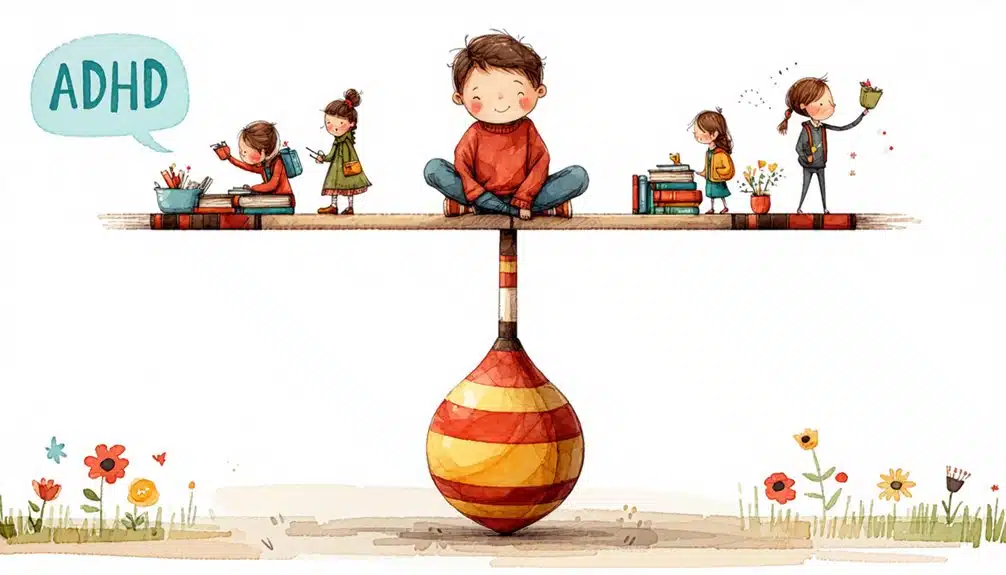Understanding ADHD can feel overwhelming for parents navigating their child’s behavioral and learning challenges. Children may experience difficulties with focus, hyperactivity, or impulsivity that affect daily life. Treatment can include behavioral therapy, classroom accommodations, or medication, depending on each child’s needs. Here are a few FAQs about ADHD:
What Is ADHD?
Attention Deficit Hyperactivity Disorder (ADHD) affects how children focus, control impulses, and manage energy. The condition often extends beyond typical childhood behavior and can impact learning, social relationships, and daily routines. Children may show primarily inattentive symptoms, hyperactive-impulsive symptoms, or a combination of both.
Genetics can play a role in ADHD, while environmental factors or differences in brain development also contribute. Children with ADHD often struggle with organization, following instructions, and completing tasks on time. The condition can present in different ways for each child.
What Are Common Symptoms?
ADHD symptoms fall into three main categories, and each child might show different combinations. These behaviors occur in various settings, including the home, school, and social activities. The frequency and patterns of behaviors can differ from child to child.
Inattentiveness might appear as difficulty staying focused on tasks, forgetfulness, trouble following instructions, losing items, or struggling with organization and planning. Hyperactivity is characterized by constant movement, fidgeting, excessive talking, interrupting others, or engaging in inappropriate running and climbing.
Impulsivity involves acting without thinking, difficulty waiting for a turn, frequent interruptions, or making quick decisions. These behaviors often appear more than in other children of the same age. Each child exhibits a unique combination of symptoms.
How Is ADHD Diagnosed?
ADHD evaluation often involves collecting information from multiple sources and settings. The process includes reviewing a child’s history and observing behavior. Questionnaires for parents and teachers can help describe patterns across different environments.
The evaluation examines how behaviors evolve over time and in various settings. Professionals may use standardized assessments and behavioral observations. Other factors, such as learning differences or anxiety, may also be considered to provide a more comprehensive understanding.
What Treatment Options Exist?
Treatment for ADHD often involves multiple approaches working together, tailored to each child’s needs. Plans usually combine strategies that address daily challenges, learning, and behavior. Approaches aim to help children develop skills, improve focus, and navigate routines more effectively. Treatment options may include:
- Behavioral therapy for self-regulation and social skills
- Parent coaching for home management strategies
- Classroom accommodations and teacher support
- Medication options, including stimulants and non-stimulants
- Educational strategies, tools, and individualized plans
- Lifestyle adjustments like exercise, sleep, nutrition, and structured routines
Why Does Early Care Matter?
Early support for children with ADHD often provides advantages in learning, behavior, and social development. Children who receive help early may avoid secondary challenges, such as academic struggles, low self-esteem, or social difficulties. Support helps to enable children to develop coping strategies and manage behaviors before patterns become established.
Moving Forward With ADHD Support
ADHD affects each child differently and requires individualized approaches. A professional evaluation provides a solid foundation, and combining multiple strategies can further enhance outcomes. Early intervention can help children navigate academic and social challenges, and families can access resources to start support immediately.

